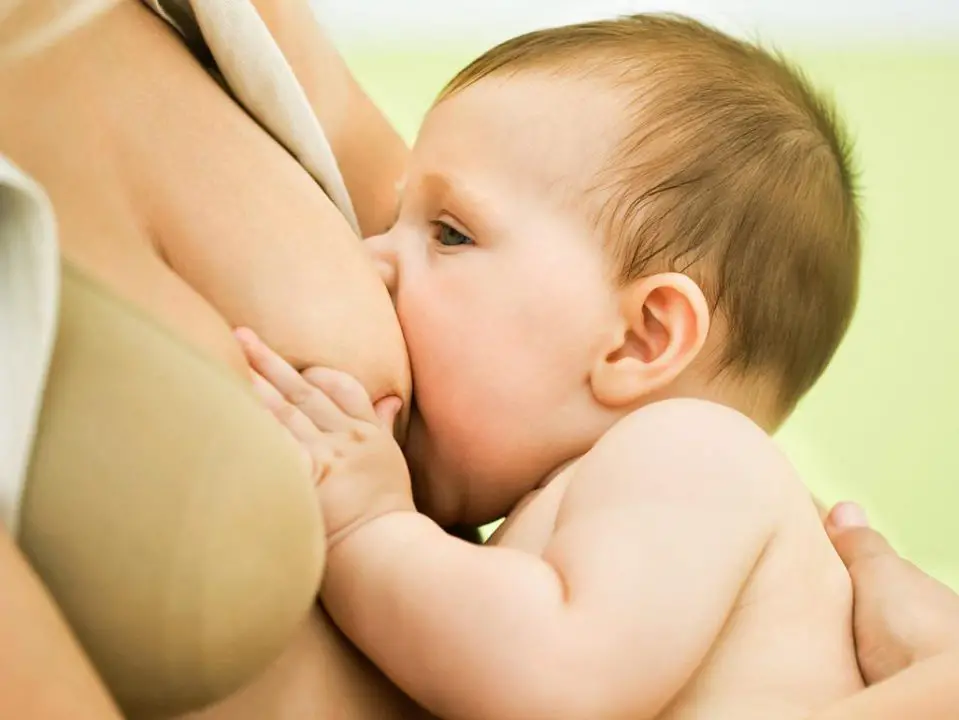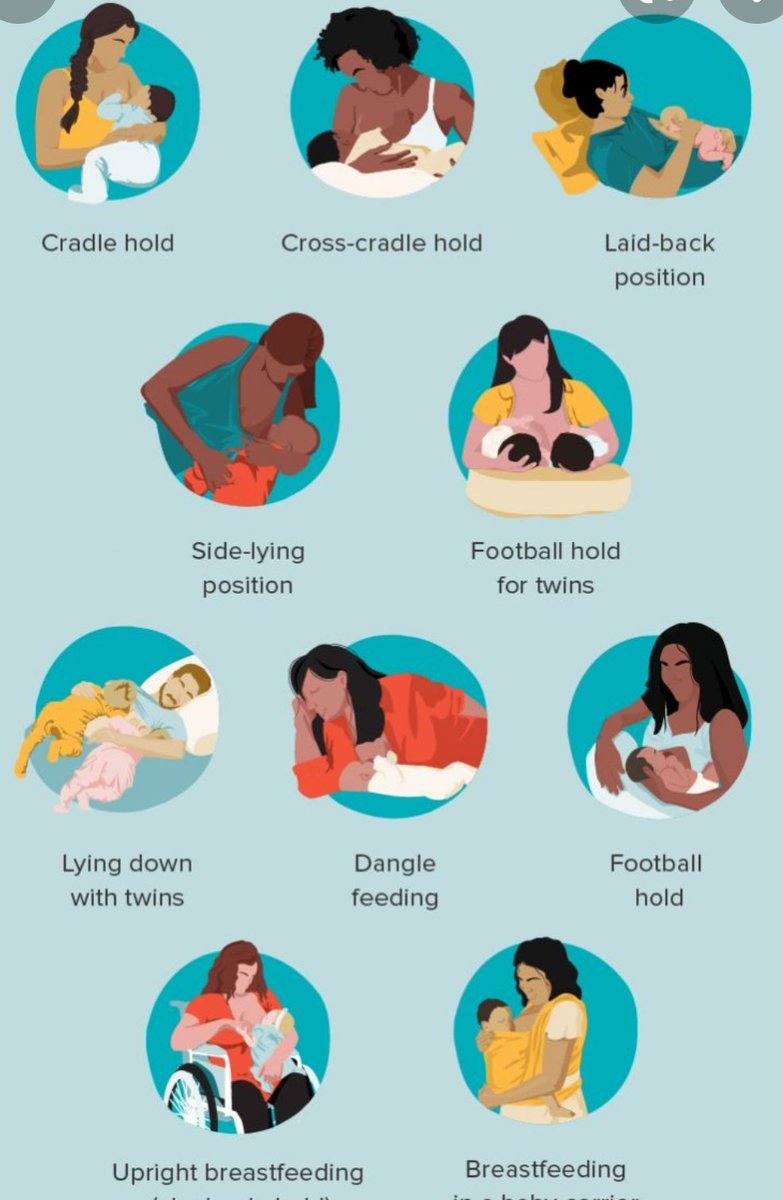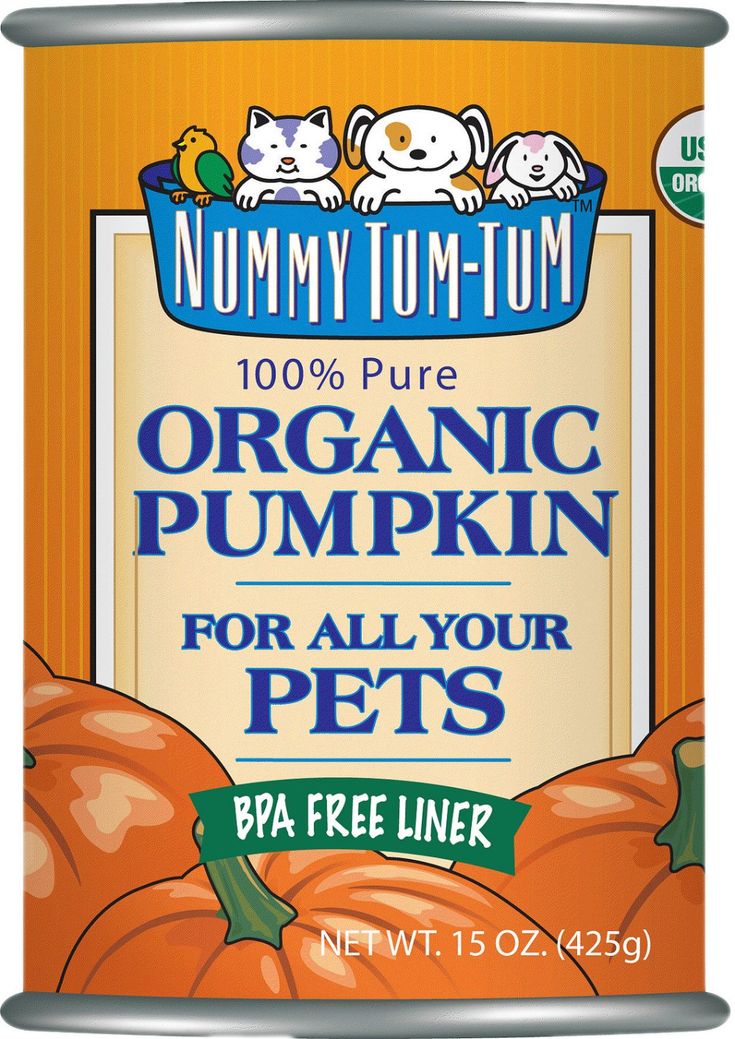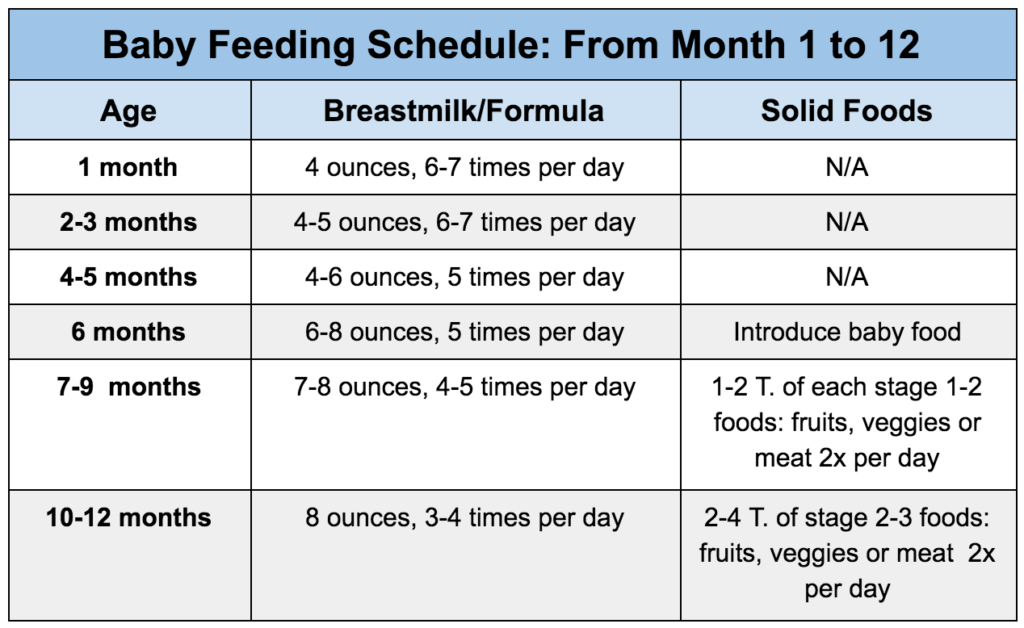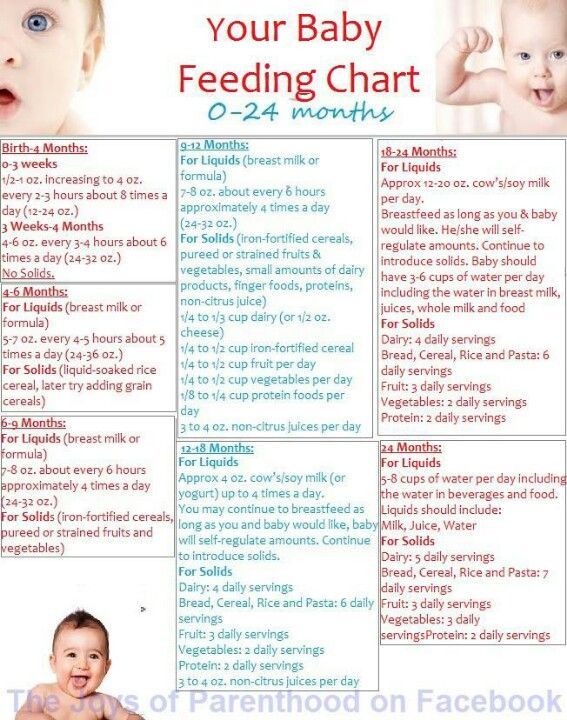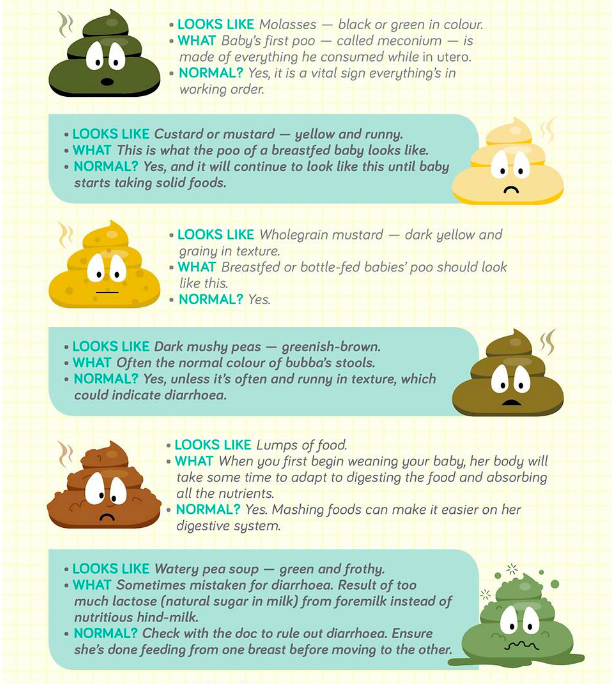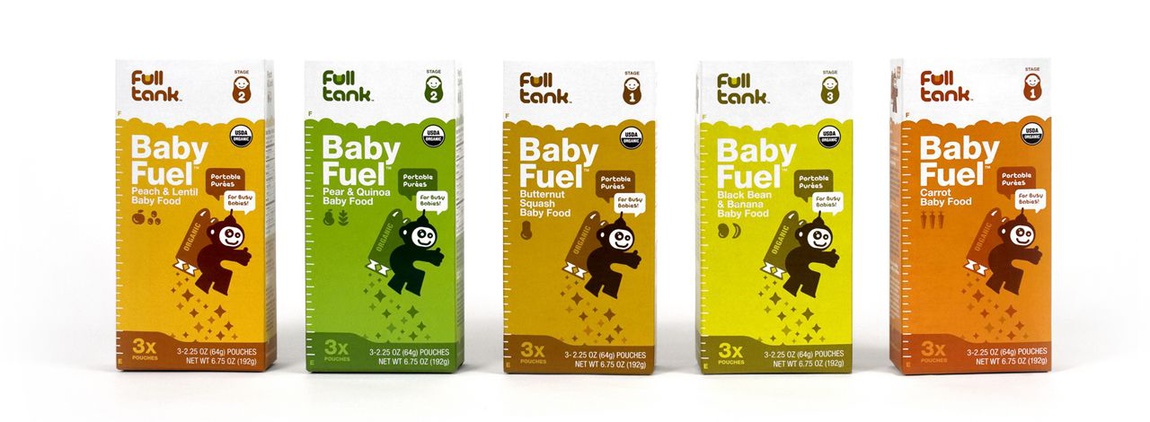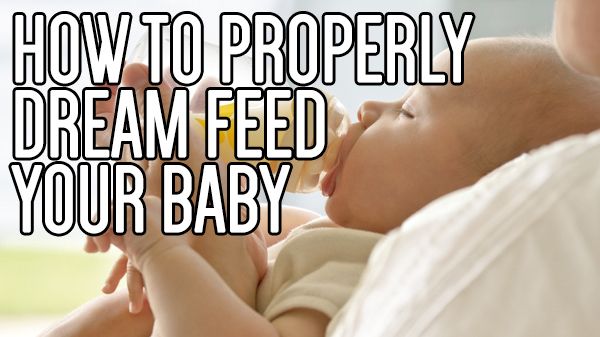Baby spits up entire feeding
Breastfeeding FAQs: Spitting Up, Gagging, and Biting (for Parents)
Breastfeeding is natural, but it takes practice to get it right. Here's what you need to know about spitting up, gagging, and other concerns during breastfeeding.
Is it Normal for My Baby to Spit Up After Feedings?
Sometimes, babies spit up when they eat too much, or when they burp or drool. Many infants will spit up a little after some — or even all — feedings or during burping because their digestive systems are immature. That's perfectly normal.
As long as your baby is growing and gaining weight and doesn't seem uncomfortable with the spitting up, it's OK. The amount of spit-up often looks like more than it actually is. But spitting up isn't the same as forcefully vomiting all or most of a feeding.
What’s the Difference Between Spitting Up and Vomiting?
Vomiting is a forceful projection of stomach fluids. Spitting up is a more gentle "flow" of fluids that come up. Babies don’t usually react to spitting up, but a vomiting baby will usually look upset or cry.
If you're concerned that your baby is vomiting, call your doctor. In rare cases, there may be an allergy, digestive problem, or other problem that needs medical care. It helps to keep track of how often and how much your baby is vomiting or spitting up.
How Can I Keep My Baby From Spitting Up?
If the doctor says your baby's spitting up is normal, here are some things you can do to help lessen it:
- Burp your baby after each feed from each breast. Sometimes giving smaller feeds more often can help, rather than giving larger-volume feeds.
- Keep your baby upright after feedings for at least 30 minutes. Holding your baby is best, since the way your baby sits in an infant seat may actually make spitting up more likely.
- Don't jiggle, bounce, or actively play with your baby right after feedings.
- Keep your baby's head above the feet while feeding. Don't hold your baby in a dipped-down position when feeding.
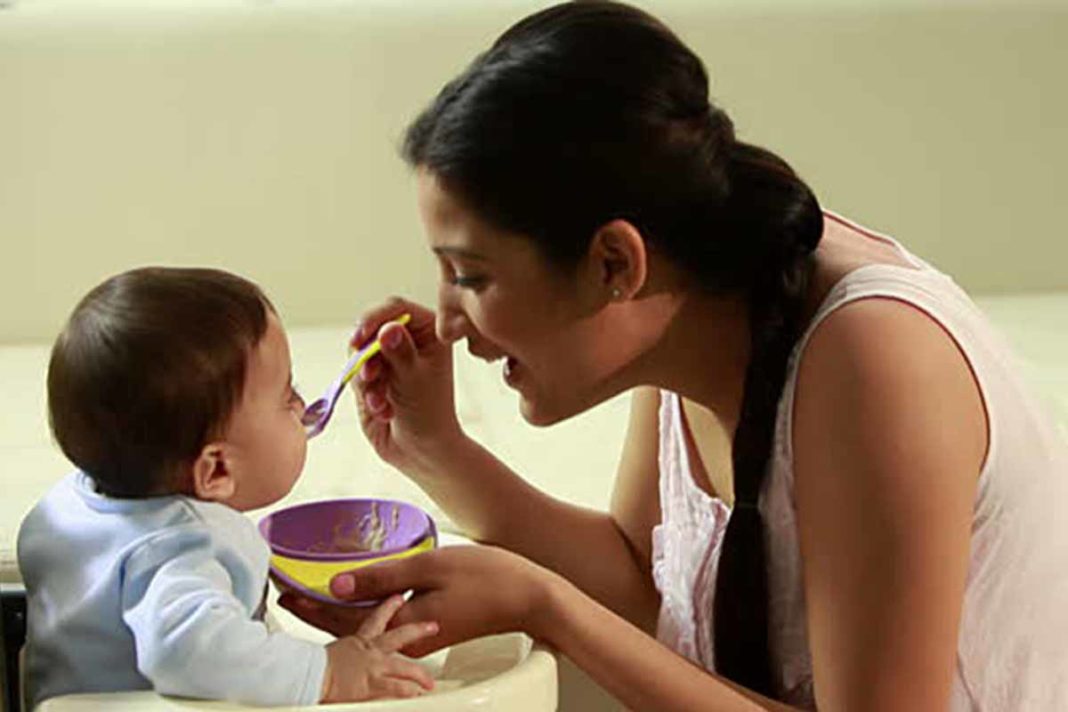
- Raise the head of your baby's crib or bassinet. Roll up a few small hand towels or receiving blankets (or you can buy special wedges) to place under — not on top of — the mattress. Never use a pillow under your baby's head. Make sure the mattress doesn’t fold in the middle, and that the incline is gentle enough that your baby doesn’t slide down.
If your baby also gets bottles of breast milk or infant formula supplements:
- Burp after your baby drinks 1–2 ounces from a bottle.
- Don't give the bottle while your little one is lying down.
- Make sure the hole in the nipple is the right size and/or flow for your baby. For example, fast-flow nipples may cause babies to gag or may give them more milk than they can handle at once. Many breastfed babies do well with the slow-flow nipple until they are 3 months old, or even older.
Many babies outgrow spitting up by the time they're sitting up.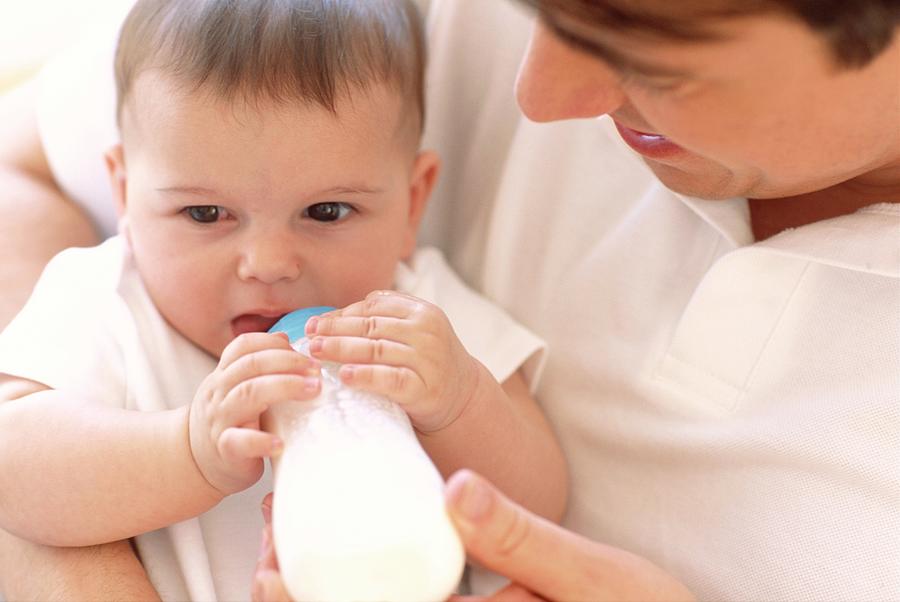
How Can I Keep My Baby From Gagging?
Sometimes the force of your milk (especially when it “lets down”) is so strong that it can cause your baby to gag and pull off of the breast. If this happens during feeding:
- Try nursing your baby in a more upright position (head above the breast). This may ease the force of the milk.
- Nurse in a side-lying position, which also might help slow the flow of milk.
- Make sure your breasts are not engorged or over-full. Nursing every 2–3 hours can help prevent engorgement. If your breasts are too full and you’re concerned about a forceful letdown, express or pump a little bit of milk a few minutes before feeding time to avoid a strong letdown.
If your baby is pulling off and gagging or coughing during feeding, sit your baby up in a seated burp position. Gently pat the back to help your baby calm down before continuing feeding. If you’ve tried the steps above and this continues to happen, talk to your doctor or lactation consultant.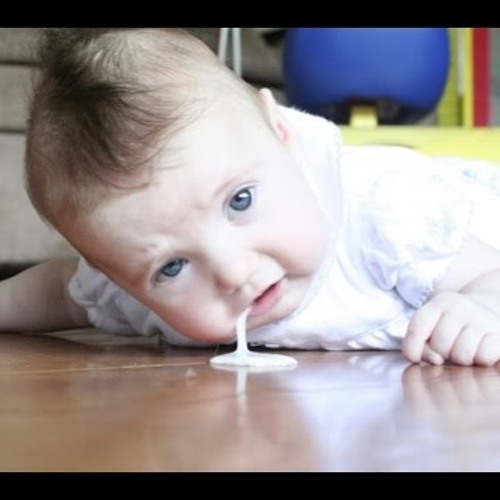
If your baby sometimes gags or chokes while taking a bottle of breast milk:
- Try a different nipple with a slower flow.
- Practice “paced” bottle feeding. This is where you slow down the milk flow from the bottle by holding it at less of an angle and allowing your baby to pause for breaks.
My Baby Bites During Breastfeeding. What Can I Do?
Babies will often play with their mothers' nipples with their gums, not meaning to cause any harm. But once they start teething, a baby might bite down, not knowing this is hurting mom.
Sometimes you can tell when your baby's about ready to bite down — usually when satisfied and starting to pull away from the breast. When you sense that your baby is finished feeding and may be bored or feeling playful, end the feeding. Break the suction by slipping your finger into the corner of your baby’s mouth.
If your baby is already biting down, pull your baby closer to you to make it more difficult to pull off easily.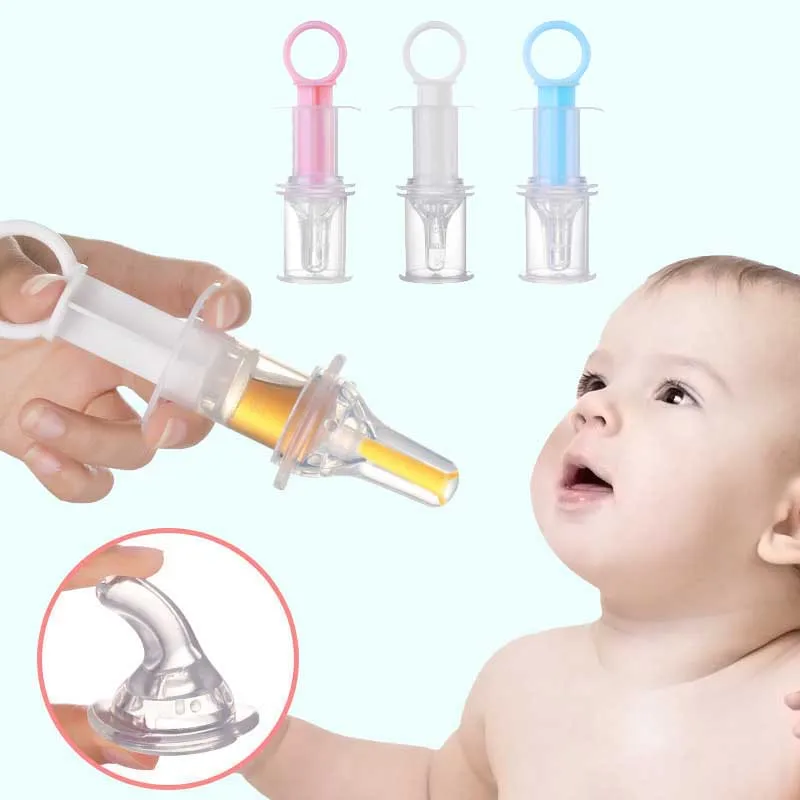 Then, break the suction. React calmly without raising your voice.
Then, break the suction. React calmly without raising your voice.
Here are more ways to make baby less likely to bite:
- Before a feed, give your baby something to chew on. Make sure it's big enough that it can't be swallowed or choked on and that it can't break into small pieces. A wet washcloth placed in the freezer for 30 minutes makes a handy teething toy. Be sure to take it out of the freezer before it becomes rock hard — you don't want to bruise those already swollen gums. Wash after each use.
- Say, "Mommy is not for biting. You can bite this." Then, offer your little one a teething toy or ring.
- Praise your baby — with a hug, kiss, or cuddle — whenever they nurse without biting or trying to bite.
Usually this is enough to stop the biting, but if your baby continues, talk to your doctor or lactation consultant for advice.
Reviewed by: Jamila H. Richardson, BSN, RN, IBCLC
Date reviewed: January 2021
Why is my baby spitting up so much breast milk?
SchedulingVideo visit appointments available 7 days a week from 9:00am to 11:00pm. Learn More
Learn More
COVID-19 Updates: Get the latest on vaccine information, in-person appointments, video visits and more. Learn More
Latest Blog Posts
Texas Children’s Cancer and Hematology Center Receives Gift from The Faris Foundation to Bring Novel Therapies to Patients with Brain Tumors
Texas Children’s Celebrates 10th Anniversary of its Medical Legal Partnership
Third time’s a charm
It was worth every mile
Five Years of Seizure-Free Living, Thanks to Texas Children’s
Department
Texas Children's Hospital West Campus
Texas Children's Pediatrics
Texas Children's Hospital The Woodlands
- Home
- Texas Children's Blog
Image
My baby is frequently spitting up – it seems like it’s all of my breast milk! I never thought breastfed babies spit up this much. This can’t be normal, can it? Is there something wrong with my baby?
This can’t be normal, can it? Is there something wrong with my baby?
Don’t worry – we get these questions often. Caring for a baby who spits up can be stressful for parents, creating worries about the baby’s health and proper growth. Spitting up is a very common occurrence in healthy babies, and usually won’t cause any issues in regards to the baby’s growth or development. This often happens because the baby’s digestive system is so immature, making it easier for their stomach contents to flow back up into the esophagus.
Several different factors can contribute to babies spitting up, including:
- Babies regularly spit up when they drink too much milk, too quickly. This can happen when the baby feeds very fast, or when mom’s breasts are overfull. The amount of spit up can appear to be much more than it really is.
- Food sensitivities can cause excessive spitting up in babies. Products with cow milk in the mom or baby’s diet can be a common food sensitivity.
- Some babies can become distracted when feeding at the breast, pulling off to look around.
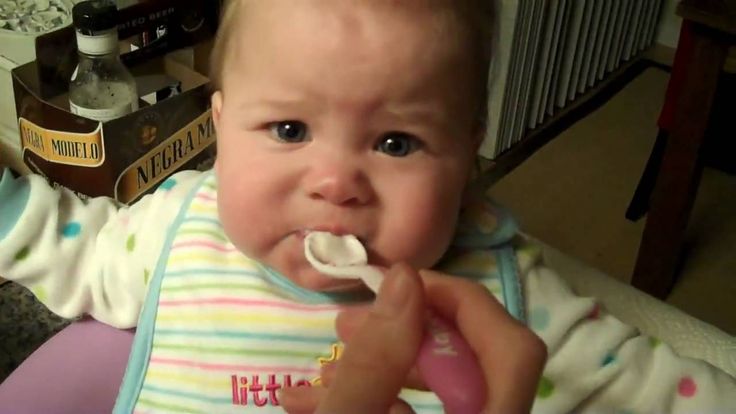 This can cause babies to swallow air and spit up more often.
This can cause babies to swallow air and spit up more often. - Breastmilk oversupply or forceful let-down (milk ejection reflex) can cause reflux-like symptoms in babies.
If your baby seems comfortable, is eating well, gaining weight and developing normally, there’s typically little cause for concern. “Happy spitters” will grow and thrive, despite spitting up frequently. As babies grow and get older, they usually spit up less. Most will stop spitting up by 12 months of age.
Consider these tips:
- Keep your baby upright. Try feeding your baby this way and keep them upright for about 30 minutes after feedings.
- Avoid engaging in immediate active play for at least 30 minutes after feedings. Active play includes use of a bouncy seat, vibrating seat, infant swing or bouncing the baby while walking/holding.
- Frequent burps during and after each feeding can keep air from building up in your baby’s stomach.
- Avoid overfeeding. Feeding your baby smaller amounts more frequently might help decrease spitting up.
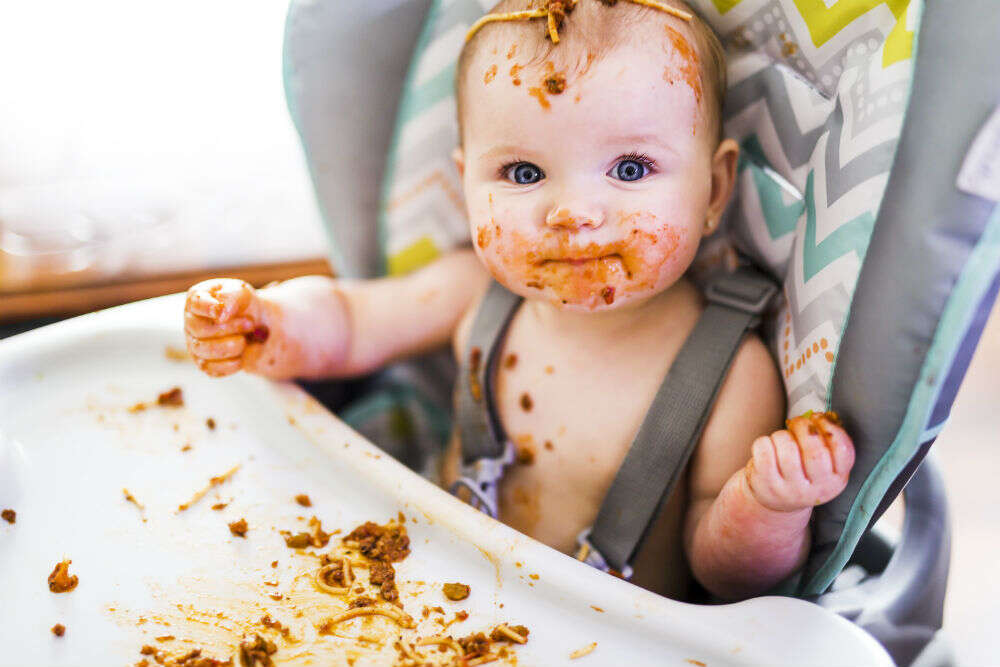
- Put your baby to sleep on his or her back. Placing a baby to sleep on its tummy to prevent spitting up is not recommended.
- Monitor your diet closely if you’re breastfeeding. If you feel there are certain foods that might be upsetting your baby’s stomach, try avoiding them for a while.
- If you notice weight loss, forceful spit up, fussiness or other symptoms, talk to your child’s pediatrician about your concerns.
Lactation Support Services at Texas Children’s Hospital offers a variety of services to mothers with questions and concerns regarding breastfeeding, pumping, medications and more. Click here to learn more.
Shelly Nalbone, APRN, CPNP, IBCLC
Why does the baby spit up after feeding?
search support iconSearch Keywords
Regurgitation is a common condition in newborns and infants and is most often a normal variant. However, it is not uncommon for parents to worry if their baby is spitting up frequently, believing that it is due to nutritional or health problems in general.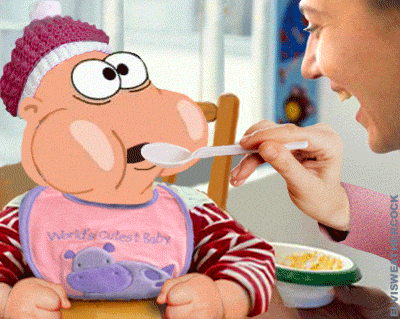 Sometimes these fears are not unfounded, and regurgitation really has a pathological origin. What is its cause and when should you really consult a doctor about this? nine0003
Sometimes these fears are not unfounded, and regurgitation really has a pathological origin. What is its cause and when should you really consult a doctor about this? nine0003
Regurgitation - Return of a small amount of food (uncurdled or partially curdled milk) from the stomach up the digestive tract: into the esophagus and further into the oral cavity. According to statistics, at least 1 time during the day, at least 50% of babies from 0 to 3 months old can spit up, more than 60% of children 3-4 months old, and in 5% of children spit up continues up to the year 1 .
Regurgitation in newborns is considered a physiological process. It is caused by a number of factors, including:
- Features of the structure of the upper digestive tract in babies
- In newborns and infants up to a year of life, the stomach has a spherical shape. It holds a small amount of food, besides, the release from it into the duodenum is slower in comparison with children after the year 2 .
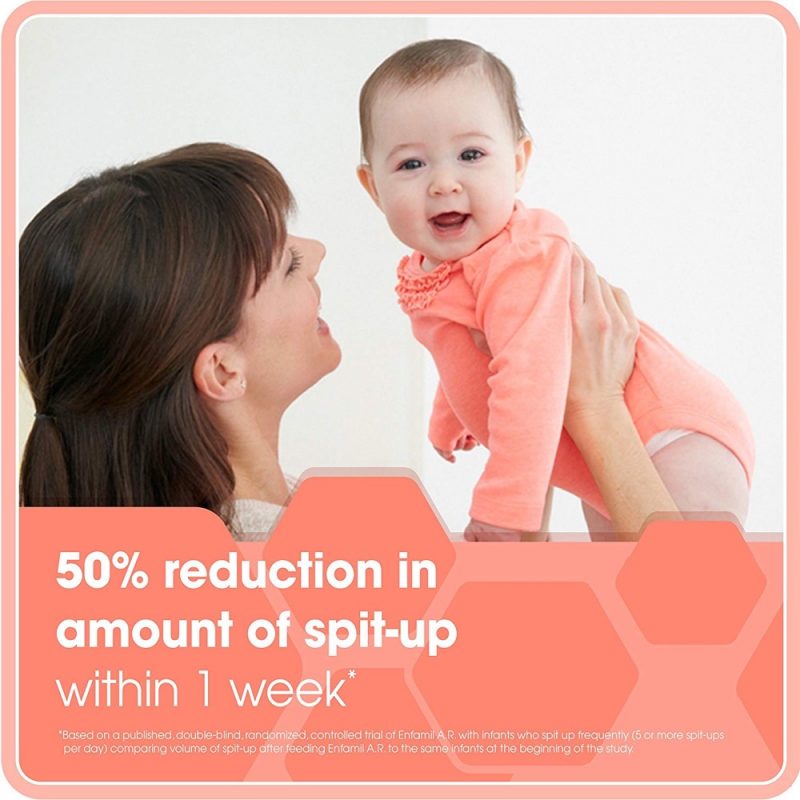
- Weakness of the lower esophageal sphincter that separates the esophagus from the stomach
- Normally, the lower esophageal sphincter should tightly "close" the esophagus, allowing food to pass into the stomach and not allowing it to enter back into the upper digestive tract. However, in young children (up to a year), the muscles of the esophageal sphincter are poorly developed, and it does not do its job very well 2 .
- Slow movement of food through the gastrointestinal tract
- The neuromuscular system of newborns is immature. It does not ensure the proper movement of food through the esophagus, causing regurgitation.
One of the important risk factors contributing to regurgitation in newborns is aerophagia. This is the swallowing of large amounts of air during feedings. This happens when the baby is not properly attached to the breast, the mother has a lack of breast milk, or the bottle is in the wrong position in the child who receives the mixture. The size of the opening in the nipple also matters - if it is too large, the newborn swallows a lot of air 3 .
The size of the opening in the nipple also matters - if it is too large, the newborn swallows a lot of air 3 .
With aerophagia, the baby becomes capricious, restless immediately after feeding. Noticeable bloating. If the baby spits up immediately after a feed, the milk (or formula) remains practically fresh, uncurdled 3 .
Promotes regurgitation after feeding and a predominantly horizontal position of the baby during the day, combined with relatively high intra-abdominal pressure 4 . Therefore, the correct position of the baby after feeding is so important. To avoid regurgitation of an excessive amount of stomach contents, after feeding, it is necessary to hold the baby in an upright “column” position for some time (10-20 minutes), lightly patting on the back and allowing excess air to “exit”. nine0003
Regurgitation in many newborns can be provoked by other situations in which pressure in the abdominal cavity increases and stomach contents are thrown into the esophagus, in particular 3 :
- tight swaddling;
- stool disorders, in particular constipation;
- long, forced cry and some others.
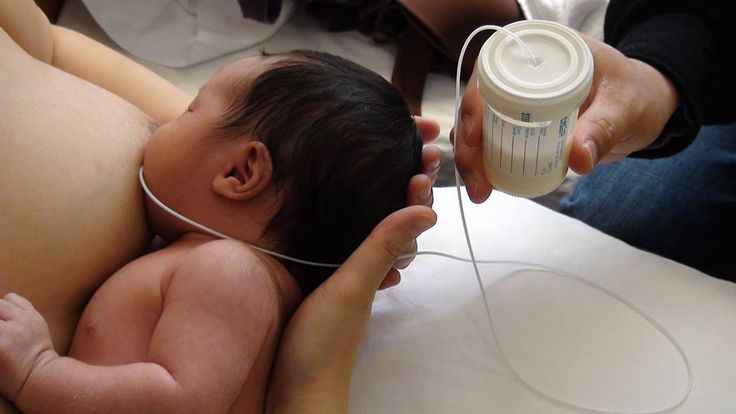
Want to avoid common feeding problems? nine0069
Start with a baby bottle with an anti-colic system that helps you avoid common feeding problems such as colic, gas and spitting up*
How can you tell the difference between normal spitting up and vomiting?
Sometimes regurgitation is considered a manifestation of disorders in the digestive tract of children. Due to the constant reflux of acidic stomach contents into the upper sections, inflammation and other complications may develop, including growth retardation, a decrease in hemoglobin levels, and others. Therefore, it is important for parents to understand where the line is between physiological and pathological regurgitation 1 .
If the mother is worried that her baby is spitting up, keep track of when this happens and count the total number of spit ups per day. Normally, regurgitation usually occurs after eating (the child burps after each feeding), lasts no more than 20 seconds and repeats no more than 20-30 times a day. With pathology, the problem manifests itself at any time of the day, regardless of when the baby was fed. Their number can reach 50 per day, and sometimes more 1 .
With pathology, the problem manifests itself at any time of the day, regardless of when the baby was fed. Their number can reach 50 per day, and sometimes more 1 .
The amount of discharge during regurgitation also matters. With normal, physiological regurgitation, it is approximately 5 - 30 ml. If this volume fluctuates between 50 and 100 ml, it is already defined as profuse vomiting. When the range of the jet of vomit is up to 50 cm, doctors talk about "vomiting a fountain." A variant of atonic vomiting is possible, when the contents of the stomach flow "sluggishly". It occurs with atony of the stomach (decrease in muscle tone of the stomach wall) and disruption of the esophagus 1 .
Vomiting in babies is a warning sign. Doctors are especially alarmed by repeated vomiting, a fountain, with an admixture of bile, in combination with constipation. Vomiting can lead to the development of dehydration, acid-base imbalance and other consequences, therefore, if it occurs, you should urgently contact a pediatrician to find out the cause and begin treatment. A doctor's consultation is necessary if the child is spitting up a lot (more than 15-30 ml at a time), with a frequency of more than 50 episodes per day 1.3 .
A doctor's consultation is necessary if the child is spitting up a lot (more than 15-30 ml at a time), with a frequency of more than 50 episodes per day 1.3 .
Physiological regurgitation: symptoms
Regurgitation in newborns, which is considered a normal variant and does not cause concern to pediatricians 3 :
- usually continues for a certain period of time;
- is characterized by slow, "passive" leakage; if the baby spits up a fountain, it is better to consult a doctor;
- has a sour smell of curdled milk;
- occurs without the participation of muscles - the baby does not strain during regurgitation;
- does not affect the general well-being of the baby.
How to help a newborn who spit up often?
If the baby is healthy, no medication is prescribed for spitting up. To help the child allow simple measures based on lifestyle changes and feeding.
- Frequent feeding of the baby
It is known that the baby is more prone to spit up if his stomach is full. To improve the situation, it is recommended to feed the baby more often, avoiding oversaturation, best of all - on demand 5 .
To improve the situation, it is recommended to feed the baby more often, avoiding oversaturation, best of all - on demand 5 .
- Correct feeding technique
Every feeding, the mother must ensure that the baby does not swallow too much air during suckling. When sucking, there should be no loud, smacking, clicking sounds. You also need to control that the baby captures the nipple along with the areola.
- Choosing the right bottle and nipple
If the newborn is bottle-fed and receiving formula, it is important to choose the right bottle and nipple. The hole in it should be such that the milk flows out in drops, and not in a stream. The nipple must not be filled with airNew Anti-colic bottle with AirFree valve
The AirFree valve prevents air from entering the baby's stomach.
- Baby standing upright after eating
To allow air that has entered the digestive tract during meals to escape, it is important to keep the newborn upright for 10-20 minutes after feeding 4 .

- Ensure the correct position of the baby during sleep
To reduce the negative impact of the acidic contents of the stomach on the esophagus, it is necessary to put the baby to sleep in the supine position. The side or prone position, which many pediatricians used to recommend, is no longer recommended. It was found to be associated with an increased risk of sudden infant death syndrome 5 .
If parents notice alarming symptoms, such as spitting up too often or large volume, etc., it is important to consult a pediatrician without delay. This will allow you to identify the real problem in time and help the baby grow up healthy and happy. nine0003
References1 Zakharova I. N., Andryukhina E. N. Regurgitation and vomiting syndrome in young children // Pediatric pharmacology, 2010. V. 7. No. 4.
Nagornaya 2900 V., Limarenko M. P., Logvinenko N. G. Experience with the use of domperidone in suspension in young children with regurgitation syndrome // Child Health, 2013.
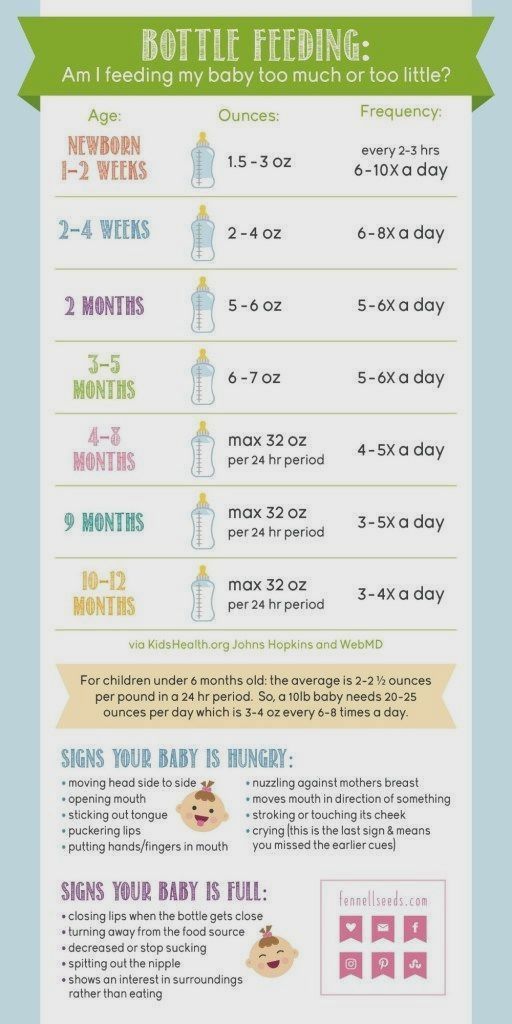 No. 5 (48).
No. 5 (48). 3 Zakharova IN Regurgitation and vomiting in children: what to do? //Pediatrics. Supplement to Consilium Medicum, 2009. No. 3. S. 58-67.
4 Zakharova I. N., Sugyan N. G., Pykov M. I. Regurgitation syndrome in young children: diagnosis and correction // Effective pharmacotherapy, 2014. No. 3. P. 18-28.
5 Vandenplas Y. et al. Pediatric gastroesophageal reflux clinical practice guidelines: joint recommendations of the North American Society for Pediatric Gastroenterology, Hepatology, and Nutrition (NASPGHAN) and the European Society for Pediatric Gastroenterology, Hepatology, and Nutrition (ESPGHAN) //Journal of pediatric gastroenterology and nutrition. 2009; 49(4): 498-547.
You are leaving the Philips Healthcare (“Philips”) official website. Any links to third party websites that may be included on this site are provided solely as a convenience to you. Philips makes no warranties regarding any third party websites or the information they contain.
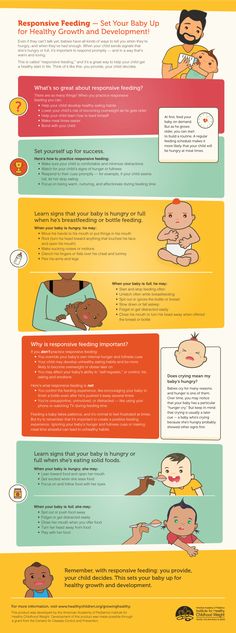
I understand
You are about to visit a Philips global content page
Continue
You are about to visit the Philips USA website. nine0003
I understand
why the baby spit up after feeding
If a child spits up after feeding, this is in most cases due to the anatomical immaturity of the upper digestive system. More often than others, premature babies, babies with congenital pathologies suffer from regurgitation. Sometimes the cause is the wrong breastfeeding technique.
Regurgitation in infants is perhaps the most common occurrence in modern pediatrics. More than half of children spit up at least once a day, which is almost always a physiological reaction. nine0003
As the baby grows older, spitting up less and less and by 6 months it practically stops doing so. However, sometimes the problem remains, and burping continues for up to a year.
 In such a situation, you need to make sure that the gastrointestinal tract is functioning normally and consult a doctor.
In such a situation, you need to make sure that the gastrointestinal tract is functioning normally and consult a doctor. Why does the baby spit up after every feed
There is a very simple explanation for this. The esophagus of newborns is a funnel with a wide part at the top, and the sphincter at the transition to the stomach actually gapes and hardly retains food. nine0003
Normally, after food enters the stomach, the sphincter contracts and prevents it from “returning” into the esophagus. But in this case, when the stomach is full, part of the contents immediately comes out if the baby takes an inclined or horizontal position.
Babies have two more features: increased pressure over the lower esophageal sphincter, as well as a straight and sometimes obtuse angle of His, formed by the side walls of the esophagus and stomach. In adults, this angle is sharp, which also prevents the return of food eaten into the esophagus. nine0003
After feeding, do not put the baby on his stomach, it is better to hold him upright in your arms, trying not to put pressure on his chest.
 But if he still burps, you should not worry, this is a normal process. If in doubt, please contact our doctors. At a remote consultation, they will explain the causes of regurgitation, talk about pathologies. If necessary, they will tell you which specialists to go through.
But if he still burps, you should not worry, this is a normal process. If in doubt, please contact our doctors. At a remote consultation, they will explain the causes of regurgitation, talk about pathologies. If necessary, they will tell you which specialists to go through. A few more reasons why a child often spit up
Physiological belching after feeding is due to two factors: swallowing air (aerophagia) and increased intra-abdominal pressure. The first is usually associated with fast and greedy suckling, improper attachment of the baby to the breast, or the wrong position of the bottle when it comes to artificial feeding. An air bubble forms in the stomach, pushing out a small amount of milk or formula.
The same results are obtained by a quick change in the position of the baby's body after feeding, which will easily burp if it is immediately started to swaddle, shake, bathe or massage. After all, his stomach resembles an open bottle: tilted / turned over - the contents spilled out.
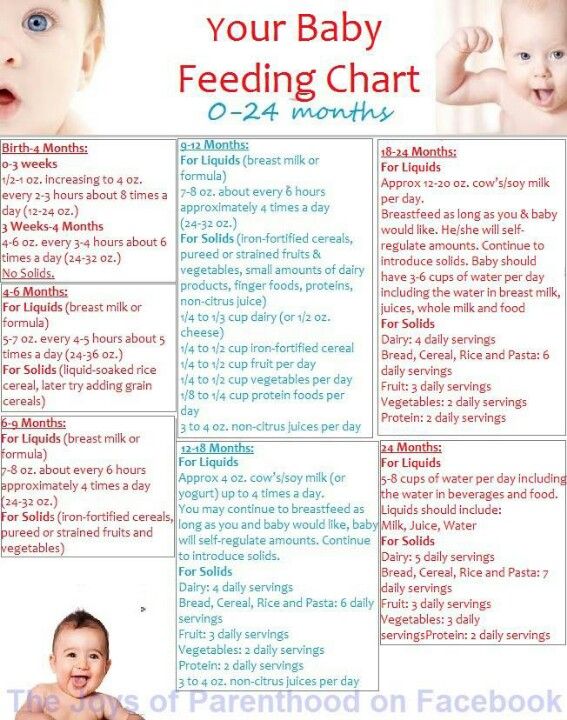 nine0003
nine0003 As for the increase in intra-abdominal pressure, it increases with a too tight diaper or tight swaddling, as well as against the background of increased gas formation, intestinal colic or stool retention.
Regurgitation in newborns after feeding may be due to the lack of a feeding regimen and overeating.
Baby burps an hour after feeding: what does it mean
The most common cause is constipation, which increases intra-abdominal pressure. Food moves slowly through the gastrointestinal tract, so the child can burp an hour or two after feeding. nine0003
Attention! Delayed regurgitation combined with delayed defecation may be a sign of a lazy stomach. But such a diagnosis should be made by a doctor.
5 causes of regurgitation in newborns after formula feeding
The selection of artificial nutrition is a purely individual process with an unpredictable result. There is no 100% guarantee that the mixture will suit the child, even if the brand is very popular.
 nine0003
nine0003 Poor digestion of the mixture may well cause not only frequent spitting up, but also other digestive problems, including colic, constipation and allergic reactions. In addition, store-bought baby food has a denser texture than breast milk and lasts longer in the stomach. Therefore, the likelihood of its reverse promotion to the esophagus after feeding is higher.
Your baby may spit up after every feed because: nine0003
- the proportions of dilution of the mixture are violated;
- the feeding regime is not observed;
- the transition from breastfeeding to artificial feeding was too abrupt;
- the wrong bottle is selected;
- allergy.
Mixing out of proportion
Each manufacturer indicates on the packaging of the mixture how much water is required to dilute it, and what volume is suitable for the baby by weight and age. Sometimes mothers mistakenly or intentionally dilute food in a way that is not recommended, and the child eats more than normal.
 As a result, the surplus, of course, comes out. nine0003
As a result, the surplus, of course, comes out. nine0003 Case study:
After 3 months, a breastfed child suddenly began to behave restlessly, sleep poorly, spit up after eating, weight gain became slightly below normal. From a conversation with the mother, the doctor learned that the baby was fed too often, the feeding regimen was not observed. After increasing the intervals between breastfeeding, the regurgitation stopped.
Refusal of night feedings is also undesirable: the daily volume of food is distributed during the daytime, which leads to stomach overload and regurgitation. nine0003
Feeding schedule not observed
Unlike natural, artificial feeding involves eating by the hour.
Baby food takes longer to digest, so the recommended interval between feedings is at least 3 hours. If you feed the child more often, he will “give out” the excess back, since the previous portion has not yet been absorbed.
Abrupt transition from breastfeeding to artificial feeding
nine0002 When changing the diet, the child's body must first get used to, adapt to the new food. This applies not only to the transition from breastfeeding to artificial feeding, but also from one type of mixture to another.
This applies not only to the transition from breastfeeding to artificial feeding, but also from one type of mixture to another. Wrong bottle selected
This refers to the too wide neck of the container, because of which the child swallows a lot of air along with food. Its discharge will provoke regurgitation after feedings.
Allergy
nine0002 An allergic reaction to cow's milk protein causes inflammation of the intestinal wall, which in turn leads to malabsorption. Carbohydrate metabolism worsens, since secondary lactase deficiency occurs against the background of an inflammatory reaction - a decrease in the synthesis of the lactase enzyme.As a result, sugar is broken down incorrectly, increased gas formation occurs, and the baby spits up a fountain. In addition, the baby may feel discomfort at the beginning of feeding and react with an increase in nervous excitability during the period of increased intestinal motility. This also often leads to belching.
 nine0003
nine0003 What does curd vomit mean
Belching with curdled milk after feeding only indicates that the food was in the stomach for some time and managed to curdle - it was fermented. The reason may be in a change in body position or indicate pyloric stenosis with profuse vomiting with a fountain.
Attention! When spouting against the background of pyloric stenosis, the child spits up profusely, the jet scatters to a distance of half a meter. nine0003
What to do
First you need to make sure that you really need to do something. Pediatricians are advised to determine the intensity and frequency of regurgitation on a five-point scale.
Points
Regurgitation frequency
Volume
nine03551
No more than 5 per day
Not more than 3 ml
2
> 5 times a day
> 3 ml
3
> 5 times a day
> 0.
 5 volume of food eaten
5 volume of food eaten 4
After every feeding
Small amount over 30 minutes or more nine0003
five
At least half of the meals are accompanied by regurgitation
> 0.5 volume of food eaten
Now you can determine if there really is a problem. The criteria are:
- the baby is not yet a year old; nine0017
- he spits up 2 times a day for 3 weeks or longer;
- before burping there are no precursors, specific signs;
- during regurgitation, the tension of the anterior abdominal wall is not felt;
- there are no difficulties with swallowing, sucking, the child does not take any specific forced position;
- the baby does not begin to sweat a lot, turn pale after burping, and feels normal; nine0017
- he is active, has a good appetite, and is gaining weight appropriately for his age.
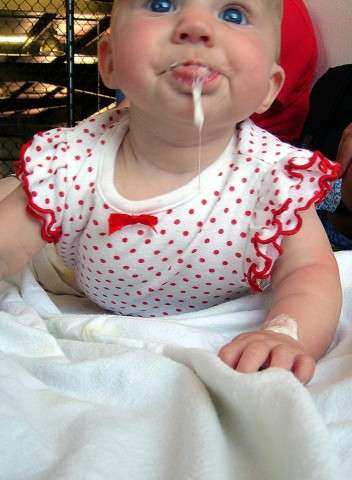
The above points indicate that everything is in order.
If the intensity and frequency of spitting up is 3 points or more, this is a reason to consult a doctor. Our doctors are ready to advise on all issues at any time of the day. At a remote consultation, possible causes will be identified, and a plan of further action will be drawn up. nine0003
How parents determine the amount of rejected food
Normal regurgitation after feeding occurs in small volumes, within 1-2 tablespoons. You can determine how much food came out when you burp.
When the child burps into the diaper, you need to pour 1 tbsp nearby. l. water and compare the size of the spots. If they are almost the same, there is no reason to worry.
Alarm symptoms
Medical assistance is necessary if the child spits up a lot after feeding, while crying and acting up. A bad symptom is the requirement of supplementary feeding, that is, the baby remains hungry after he has eaten his portion.
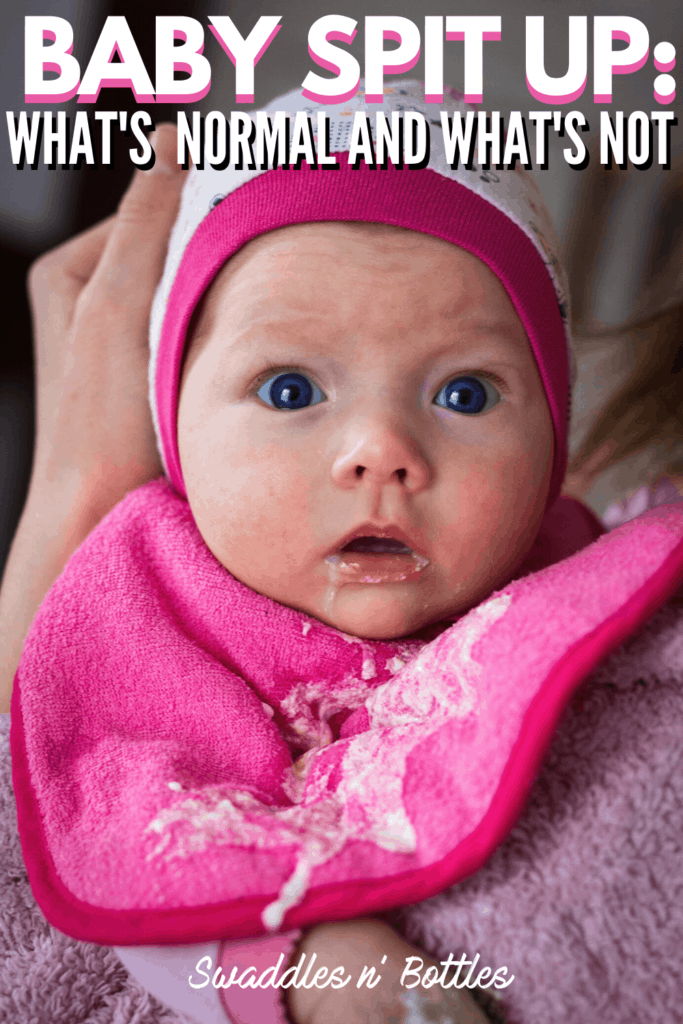
Serious illnesses can present with symptoms such as:
- sudden weight loss, weight gain does not meet the standards;
- lack of stool; nine0016 profuse vomiting with an admixture of bile;
- urination less than 8-10 times a day;
- continued spitting up after the child is one year old.
How to deal with regurgitation: a step-by-step guide
If the baby is spitting up after feeding breast milk or formula, you can start with a nutritional correction. When breastfeeding, it is important to ensure that the baby completely captures the nipple along with the areola. His lower lip is usually slightly twisted. nine0003
Step 1
It is better to feed the baby while sitting, holding the baby at an angle of 45-60 ° to the chest. In this position, the air freely leaves the stomach, due to which the likelihood of reflux of food into the esophagus is reduced. After eating, it is preferable to put it on its side in a crib: this way, when returning from the stomach, the masses will not enter the respiratory tract. If the child burped while lying on his back, you should lift him up and turn him face down.
If the child burped while lying on his back, you should lift him up and turn him face down.
Step 2
After the baby has eaten, it must be held upright (pose of a soldier) for at least 20 minutes. nine0003
Step 3
You can partially remove the air from the stomach before feeding, putting the baby on the stomach for 10-15 minutes. With a tendency to intestinal colic, a light massage of the abdomen, which is done in between meals, will help.
Step 4
Even if the child is constantly spitting up, this is not a reason to transfer him to artificial mixtures. But a clear feeding regimen is desirable after a more or less strict period of time. In addition, mom should follow a hypoallergenic diet and exclude foods that can provoke flatulence - cabbage, legumes, black bread. nine0003
Step 5
For artificial babies, it is preferable to use a special anti-colic bottle and a nipple with a special design. The bottle has a valve that prevents you from swallowing air while eating. It is also necessary to make sure that the milk does not flow like a river, but slowly drips, that is, the hole in the nipple must have the appropriate diameter.
It is also necessary to make sure that the milk does not flow like a river, but slowly drips, that is, the hole in the nipple must have the appropriate diameter.
Step 6
When buying a mixture for a spitting up baby, it is better to consult a pediatrician. He may recommend a hypoallergenic formula or a formula that does not contain bovine protein. For some children, the so-called anti-reflux mixture is suitable. nine0003
Step 7
Normally, complementary foods are introduced from the 4th month of a child's life, but in the presence of regurgitation, it is allowed to include food thickeners in the diet after the 1st month. It can be mixtures with rice flour, rice porridge without milk. But they are used in an amount of a maximum of 1 tsp. in one feeding.
Pitch 8
Do not swaddle too tightly, massage, and generally somehow disturb the child after eating. You can only lightly pat him on the back, putting him on his knees, to prevent spitting up. nine0003
nine0003
Step 9
Is the child overeating? To check this, you just need to weigh it before feeding and after. And it does not matter what he eats - mother's or artificial milk.
FAQ
What symptoms should you call an ambulance for?
+
If, after spitting up, the child does not breathe or has lost consciousness; lips and face take on a bluish tint; reflux - gastric contents - has a green or brownish color, which may indicate intestinal obstruction, gastric bleeding. nine0003
Why does a baby spit up breast milk, but formula does not?
+
If everything is in order with the calculation of “doses”, and there is no overfeeding with breast milk, most likely it is lactose intolerance. To clarify the diagnosis, it is necessary to take tests.
Should I supplement my baby if he burps?
+
No, by no means.